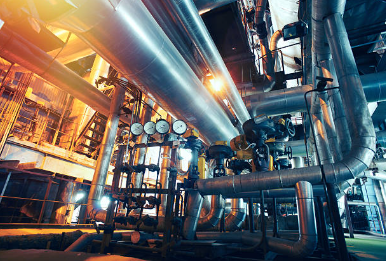Let’s dive into how the latest innovations in industrial tanker design and technology are transforming the industry.

In today’s fast-paced industrial world, efficiency, safety, and sustainability are no longer optional — they’re the standard. And nowhere is this more evident than in the evolution of industrial tanker trucks, also known as pipas. These vehicles are the backbone of fluid transport — from fuel and chemicals to water and food-grade liquids. But the game is changing.
Modern pipas are engineered with aerodynamic tanks, lightweight alloys, and modular components. These updates reduce fuel consumption, increase payload capacity, and extend the truck’s lifespan. Less weight = more product per trip.
Thanks to IoT (Internet of Things) integration, today’s tanker trucks can do more than carry liquids. They monitor temperature, pressure, and liquid levels in real time, sending alerts straight to your phone. Remote diagnostics and route tracking reduce downtime and increase accountability.
Eco-friendly isn’t just a buzzword. With low-emission engines, electric pump systems, and recyclable tank linings, modern tanker trucks are helping companies meet environmental targets and reduce their carbon footprint.
AlwaysFrom anti-roll systems and reinforced valves to real-time GPS geofencing, safety protocols are now built into the design. Whether transporting hazardous chemicals or potable water, advanced tanker safety systems protect both the operator and the environment.
Every industry has unique needs — and modern pipas are built to match. Whether it’s a split tank for dual-product delivery or specialized coatings for food transport, custom builds are becoming the standard, not the exception.
Why Innovation MattersIndustrial pipas are no longer just workhorses — they’re smart, safe, and strategic assets. Investing in modern tanker technology isn’t just about staying current — it’s about staying competitive, compliant, and connected.








